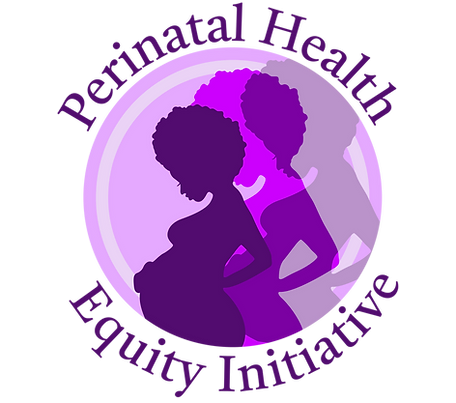As we observe Breast Cancer Awareness Month, it’s crucial to highlight the unique challenges that Black women face in their fight against breast cancer. Did you know there’s a powerful connection between breastfeeding and breast cancer prevention?
Disparities in Breast Cancer Among Black Women
Black women in the United States are disproportionately affected by breast cancer. Although the overall incidence of breast cancer is slightly lower in Black women compared to white women, Black women have a 41% higher mortality rate. This disparity stems from several factors, including later-stage diagnoses, limited access to quality healthcare, and higher rates of more aggressive types of breast cancer, such as triple-negative breast cancer.
Moreover, social determinants of health—including economic stability, access to nutritious food, and systemic racism in healthcare—continue to create barriers for early detection and treatment for Black women. Standard breast cancer screening protocols also do not serve Black women well. While the general recommendation is to start screening at age 40, Black women should begin conversations about breast health with their providers by age 30 to develop a more individualized screening plan.
You can learn more about screening guidelines and protocols here.
The Power of Breastfeeding in Cancer Prevention
One of the most effective yet underutilized tools for breast cancer prevention is breastfeeding. Numerous studies confirm that breastfeeding offers health benefits for both mothers and babies, with one of the lesser-known advantages being its protective effect against breast cancer. Breastfeeding lowers the risk of breast cancer by:
- Reducing Estrogen Levels: Breastfeeding reduces a woman’s estrogen levels, which in turn lowers the chances of breast cell mutations and the development of hormone-receptor-positive breast cancers.
- Promoting Breast Cell Differentiation: The process of breastfeeding aids in the full maturation of breast cells, reducing their vulnerability to carcinogenic changes.
- Shedding Damaged Cells: Lactation promotes the shedding of breast tissue, which can help eliminate cells with potential DNA damage that could otherwise lead to cancer.
For Black women, who are at higher risk of aggressive breast cancers, these benefits make breastfeeding a critical preventive health measure. Unfortunately, breastfeeding rates among Black women remain lower than among other racial and ethnic groups, partly due to systemic barriers, cultural stigmas, and a lack of support. This makes breastfeeding advocacy and support essential—not only for infant health but for long-term cancer prevention in mothers.
Read more on breastfeeding’s role in cancer prevention for Black women here.
Three Actions You Can Take Right Now
- Know Your Breasts!
Self-breast exams are a powerful tool for women to detect changes in their breasts. In fact, 40% of diagnosed breast cancers are found by women who feel a lump. Establishing a regular self-exam routine is critical. Learn how to perform a breast self-exam here. - Get Screened!
Black women need to be proactive about initiating conversations around breast cancer screening with their healthcare providers. If your needs are not being addressed, seek a new provider. Remember, you don’t need to wait until age 40 to begin this conversation. A great question to ask your provider is, “Can you do a risk assessment and guide me on what approach is best for my needs based on my risk factors?” - Prevention is Key—Breastfeed
Breastfeeding is one of the few personal strategies that can help reduce the risk of premenopausal breast cancer. That’s why we offer:- Peer breastfeeding support programs like Sistahs Who Breastfeed
- Lactation consultations
- Breastfeeding workshops


